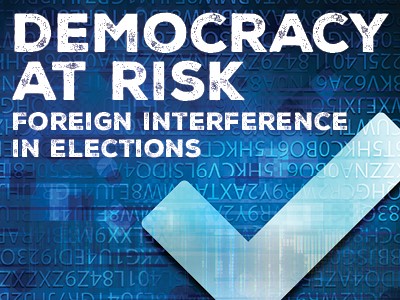The LNG “preferential” treatment
In Romanian, my native language, we have a saying along the lines: “don’t sell the bear’s skin while the bear is still in the forest”, some words of wisdom which have an equivalent in many other languages, like the English expression “don’t count your chickens before they hatch”.
Yet both the provincial government in B.C. and, more recently, the federal government appear to do just that with their “preferential” treatment of the still non-existent LNG industry in B.C.
Not long ago, the LNG industry was seen as the answer to most financial problems in B.C. Hopes regarding the future of this industry were so high that the provincial government announced its plan to tax what they were hoping to be a very lucrative sector in the B.C. economy through a dedicated LNG tax. There are numerous issues regarding the LNG tax, but they can be summarized as follows: going after a particular industry is usually not a good idea unless there is evidence that there are economic rents (i.e. abnormally high profits) to tax; or if the industry imposes harm on society, such as pollution, that a policy to reduce its size is appropriate. Even in this case, however, it is not clear if a tax is required as opposed to regulation.
It was probably the expectation that LNG producers would enjoy abnormally high profits in the form of economic rents that was behind the LNG tax proposal, but over the last year the LNG landscape has changed significantly. Projects are being built around the world faster than in B.C. The price of natural gas is declining. Long-term contracts for natural gas with Asia, which were thought to be the catalyst behind the LNG revolution, are no longer as attractive, given that the price for gas in these contracts is tied to the oil price, which has plummeted since June 2014.
It is no surprise then, that when the B.C. government finally announced the details of their LNG tax in October 2014, the rate was cut in half to 3.5% from the previous goal of 7%. Even with this change, it is still not clear if and how many of the proposed LNG projects will actually be built, and how much income they will generate. While the provincial government still hopes that three projects will come to life by 2020, they seem to have tempered their expectation and language regarding the magnitude of the economic benefits the province will derive from this industry.
What is more surprising in this context is the federal government’s announcement on February 20 that the LNG industry will benefit from a special treatment in the form of a higher capital cost allowance rate. This means the producers will be able to deduct a larger portion of their capital expenditures from their revenues sooner and thus pay lower corporate income taxes for LNG projects. Like targeted taxes, targeted tax relief to a particular industry is not warranted unless there is a clear case that this industry provides some benefits to taxpayers that markets fail to capture. There is no evidence that the LNG industry needs this special treatment. That is, the LNG sector would not need any special treatment had the provincial government not “treated” it with a special tax in the first place. Is the federal tax relief intended to undo some of the harm created by the provincial LNG tax, which would be politically difficult to repeal at this point?
Essentially what is happening at this moment is that we have the federal government helping what the provincial government plans to tax, which is an industry that still does not exist. We have two distortionary fiscal measures working in two opposite directions, one impeding and one encouraging the same sector, which makes one wonder why we need any of them in the first place. To be fair, the two fiscal measures affect the LNG sector at different times: the federal tax relief mostly during the early years, and the provincial LNG tax once the production takes place.
In the end, we have a case of the government taking with one hand while grabbing with the other. What makes this case interesting is that the two hands belong to different levels of government. The hand that gives is the federal government and the one that takes is a provincial government. If, and when this industry takes off, these two policies will basically amount to a transfer of funds from federal to provincial coffers. The federal government is rewarding a bad provincial policy by offsetting it with a preferential fiscal treatment for a particular industry. It’s a good deal for B.C., but not so good for the rest of Canada.


